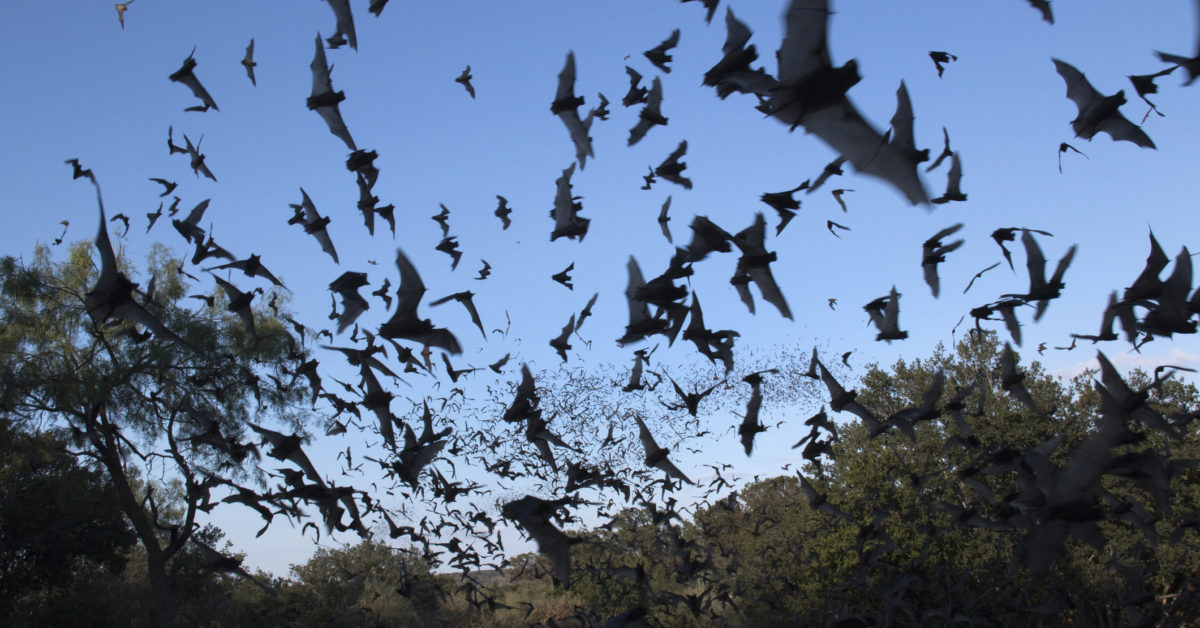Scientists have discovered six previously unknown coronaviruses in bats. The animals were in regions of Myanmar where humans come into close contact with wildlife as a result of agriculture, deforestation, and other ecological disruption.
Wild bats are generally beneficial for people living in many areas around the world. They pollinate crops, control pest insects, and produce guano, which farmers collect from caves to use as fertilizer.
Many experts think that these mammals were the original hosts of several viruses that pose a significant threat to human health.
These include the coronaviruses that caused the outbreak of severe acute respiratory syndrome (SARS) in 2002-2003, Middle East respiratory syndrome (MERS) in 2012, and, most recently, the global pandemic of COVID-19 that began in Wuhan, China, in December 2019.
Coronaviruses are a family of viruses that comprise RNA enclosed within an envelope of protein and fat molecules. They commonly infect the respiratory and gastrointestinal tracts of their mammalian and bird hosts.
The coronavirus that causes COVID-19, known as SARS-CoV-2, shares 96% of its genetic sequence with a virus found in bats. This led scientists to conclude that SARS-CoV-2 may have jumped species from bats into humans, possibly via pangolins.
A study in 2017 estimated, bats may play host to more than 3,200 coronaviruses, most of which remain undiscovered.
A survey conducted in Myanmar, published in the journal PLOS ONE, has identified six new coronaviruses in bats.
By bringing people and wild animals into closer contact, ecological disruption, such as clearing forests for agriculture, increases the likelihood that viruses will make the leap into human populations, says Marc Valitutto, who led the study.
“Viral pandemics remind us how closely human health is connected to the health of wildlife and the environment,” says Valitutto, a former wildlife veterinarian who now works for the Global Health Progra

